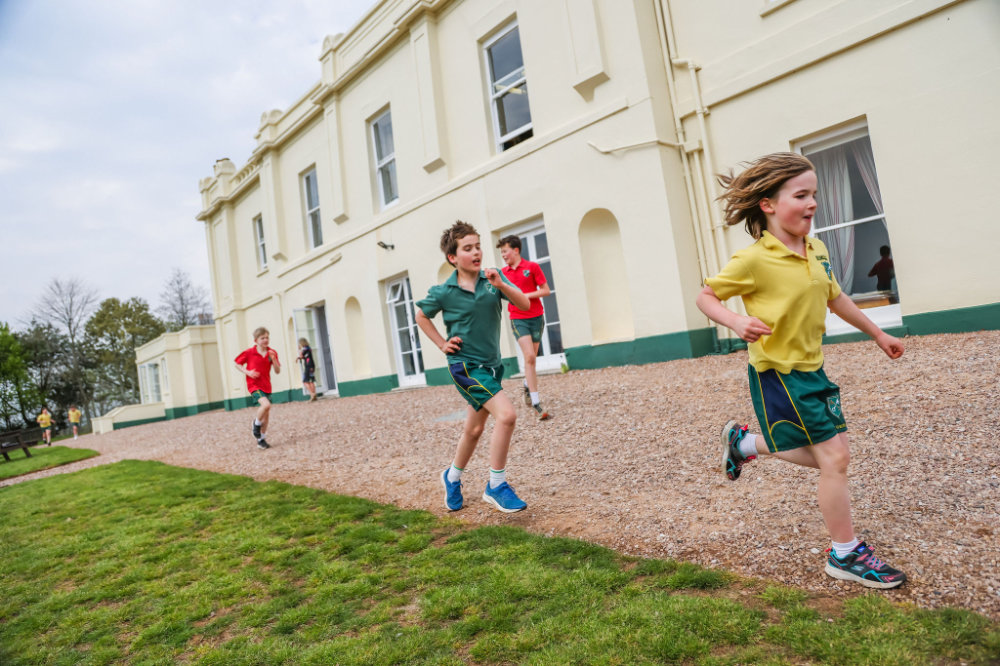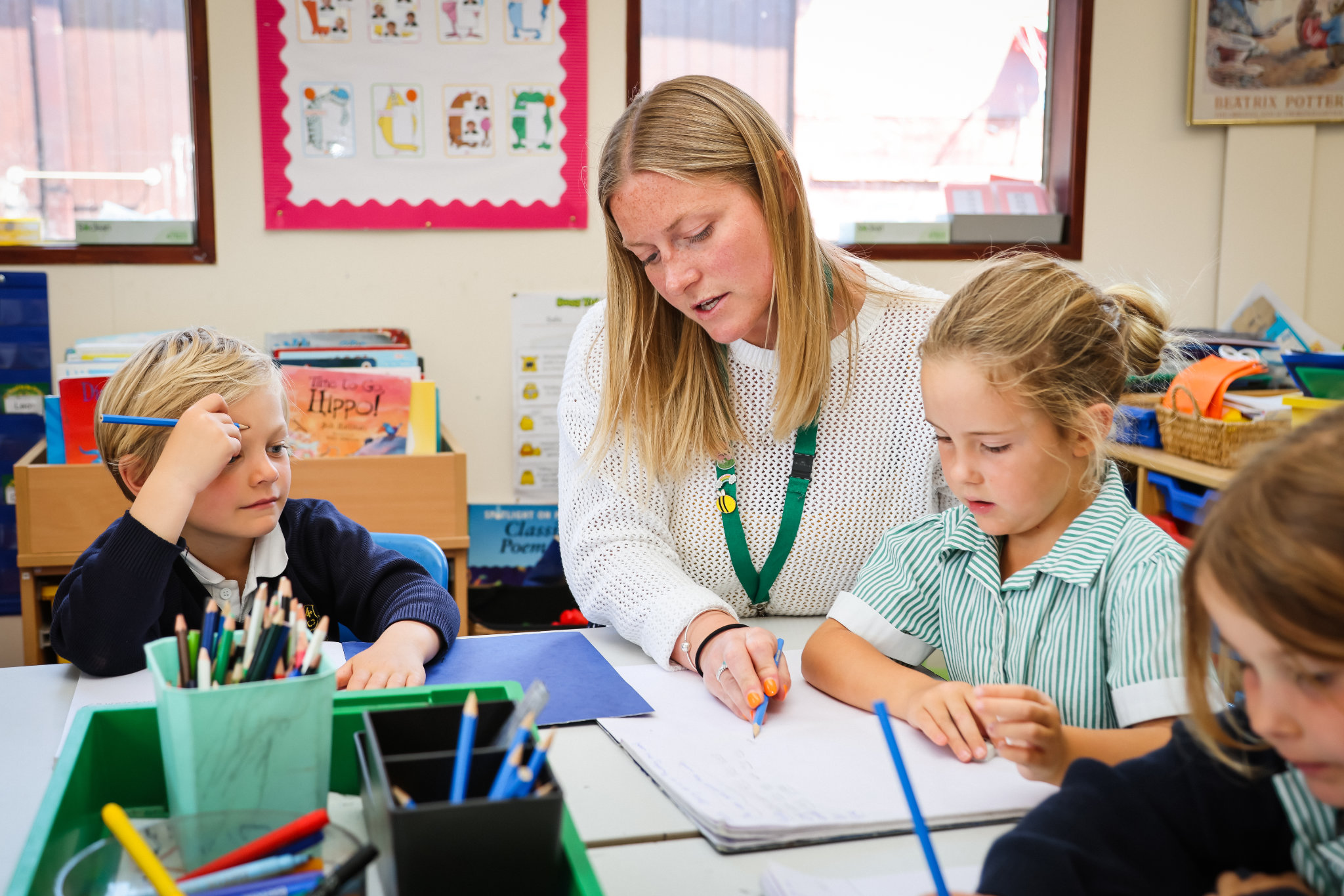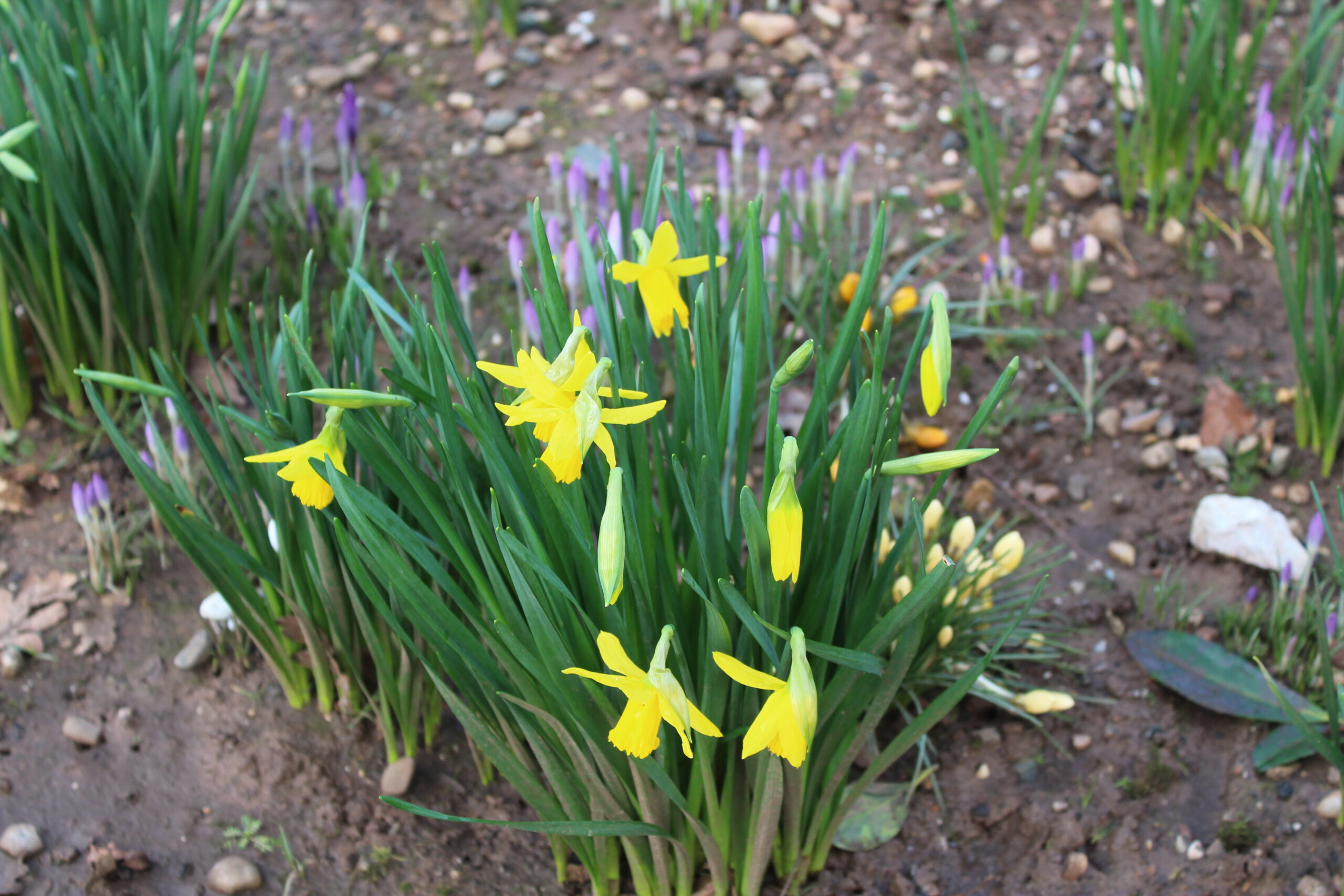If you’re looking to choose the right school for your child, you may be surprised at how many different names get bandied around. From academies to public schools and everything in-between, it can feel like there’s no end to the different types of school, so how should you choose?
As an independent school in Devon, we’ve come across many parents asking those questions, particularly what makes an independent school. Here, we break down what the phrase means in the UK schooling context and what it can tell you about these types of institutions.
What is an Independent School?
An independent school operates independently from the wider state school system, which impacts how it operates in two fundamental ways.
Firstly, independent schools don’t get their funding from public spending (e.g. government taxes). Different independent schools may have varying funding models, but the majority will raise their operating costs through tuition fees paid by pupils.
Secondly, independent schools are not obliged to follow the national curriculum. Independent schools will usually deliver a curriculum slightly altered from that expected in state schools, based on the mission or beliefs of the school itself.
Despite operating outside the state school system, independent schools are routinely assessed for performance and safeguarding in the same way as other schools.
Are Independent and Private Schools the Same?
Generally, independent schools and private schools are the same thing. The terms are used quite interchangeably to refer to schools operating outside the state-funded system. However, independent schools are generally overseen by a board of governors, while private schools may be run by their owners with a less formal governing body.
Occasionally, people use the term ‘private school’ when referring to certain elite or historic schools, such as Eton College. These are also referred to as public schools in England and Wales.
The term preparatory school also tends to refer to independent schools, particularly those aimed at primary-age pupils. Prep schools often aim to prepare pupils for entry into academically selective schools once they reach a certain age.

How is an Independent School Different from Other Types?
The vast majority of schools in the UK are state schools. These can come under different names, such as community, foundation or grammar schools. Unlike independent schools, most state schools follow a national curriculum set by the Government.
Academies are a form of state school that can follow its own curriculum and operate outside of the local authority system. These are something of a mid-point, with more independence than a state school when it comes to their curriculum but less freedom overall than is enjoyed by an independent school.
Free schools and faith schools are usually forms of academies, operating similar to state schools but with slight specialisms, whether religion or subject-focused. Academies are more common at secondary school level than primary school level.

Is an Independent School Right for My Child?
There are many unique factors to consider when choosing the right school for your child, including things like location, cost, accessibility and interests.
Independent schools tend to offer a more holistic education experience compared to state schools. Not only do independent schools employ specially-tailored curriculums engineered towards certain results, but they also tend to have better facilities, smaller class sizes, and can offer more support and extra-curricular opportunities to pupils.
However, when choosing a school for your child it’s crucial to do your own research. There are excellent examples of both state and independent schools across the country, while the opposite is also true. Often, the best decisions are made on a school-by-school basis as opposed to looking at the type of school.
At St Peter’s Preparatory School, we put a lot of effort into ensuring pupils have the space to flourish both academically and personally. With excellent facilities nestled in beautiful countryside, our small class sizes help prepare children for the best possible senior schools, giving them room to explore and excel at the subjects that interest them the most.
If you’d like to learn more about what life at St Peter’s Prep is like, explore our website or find out how to visit us.








